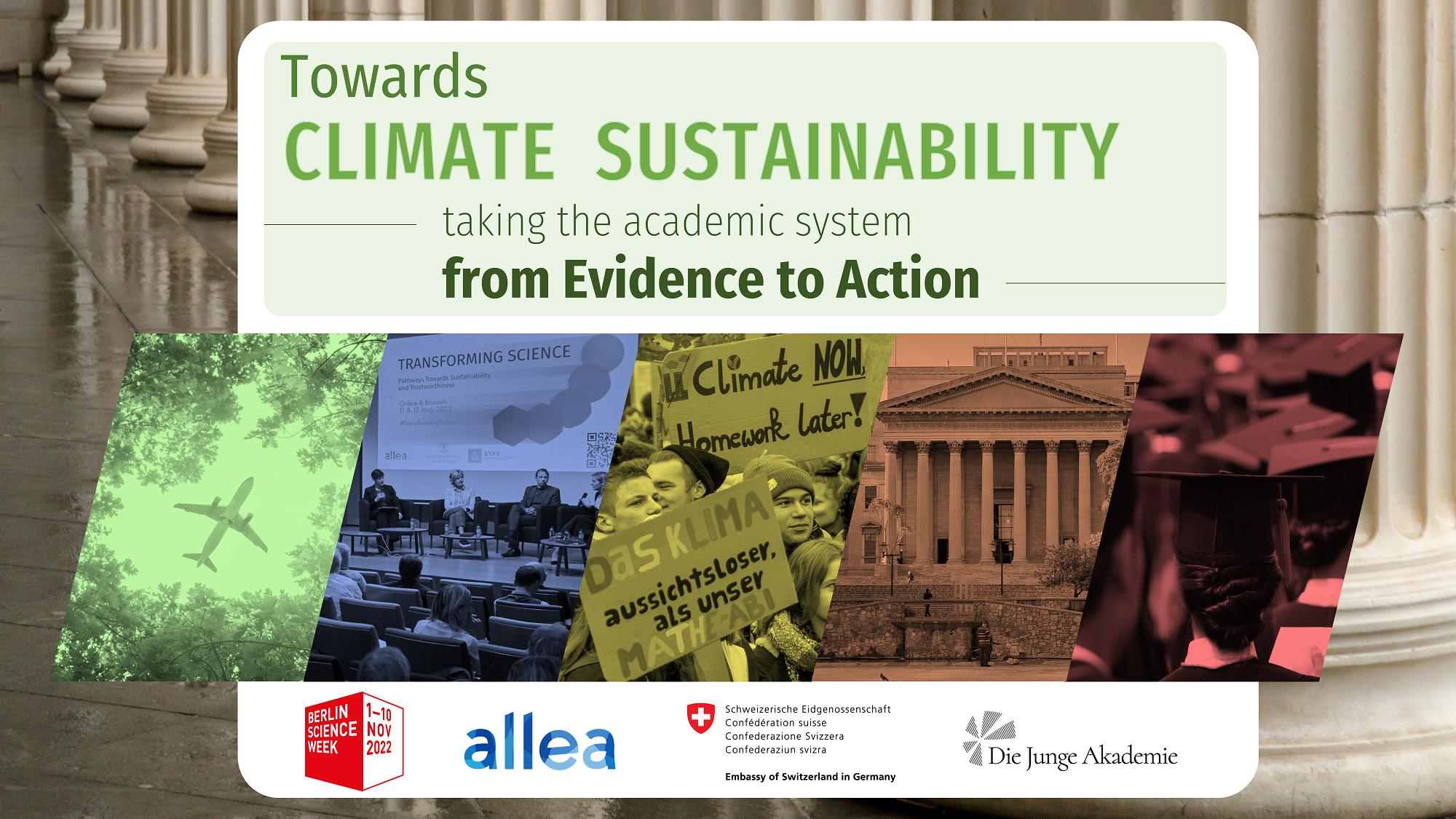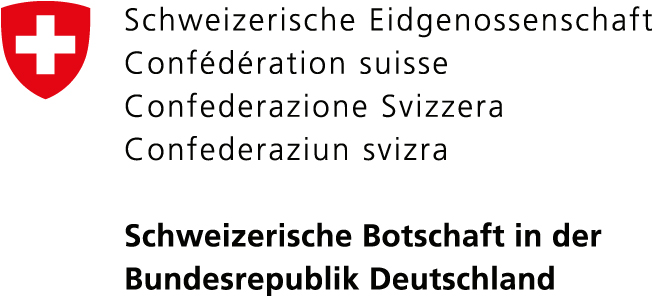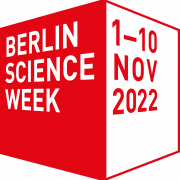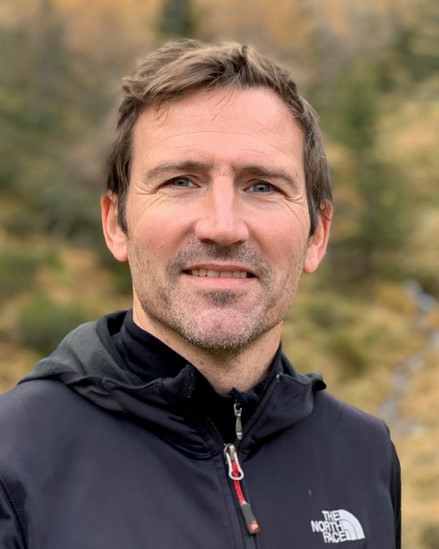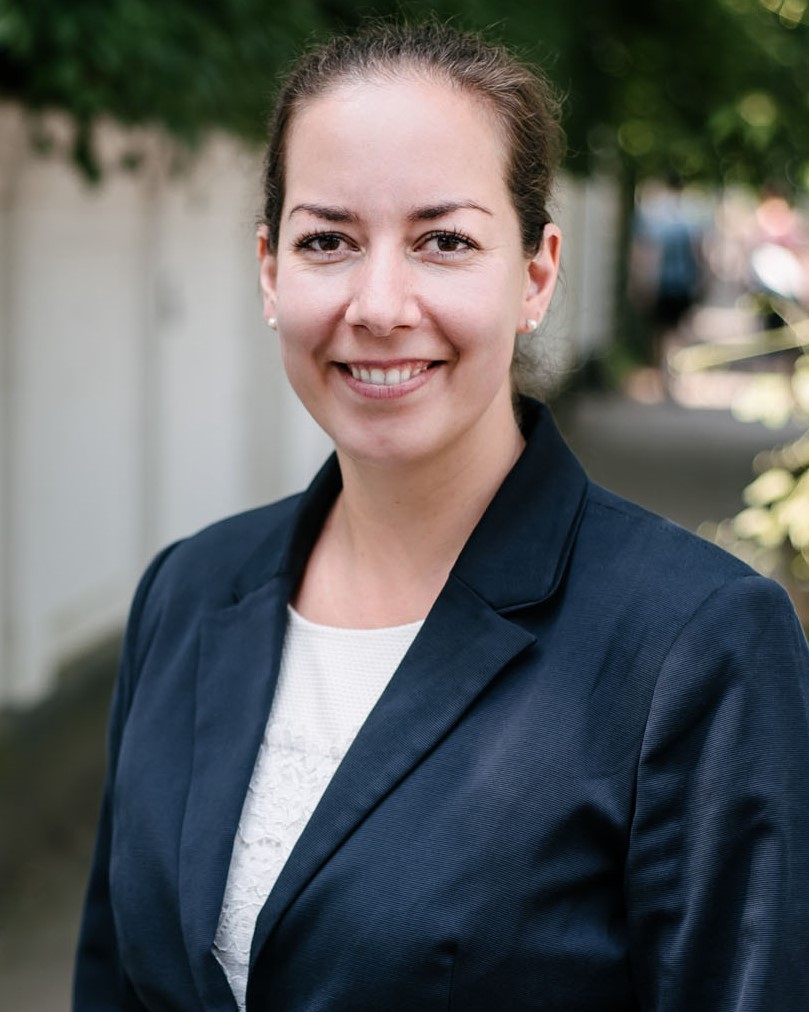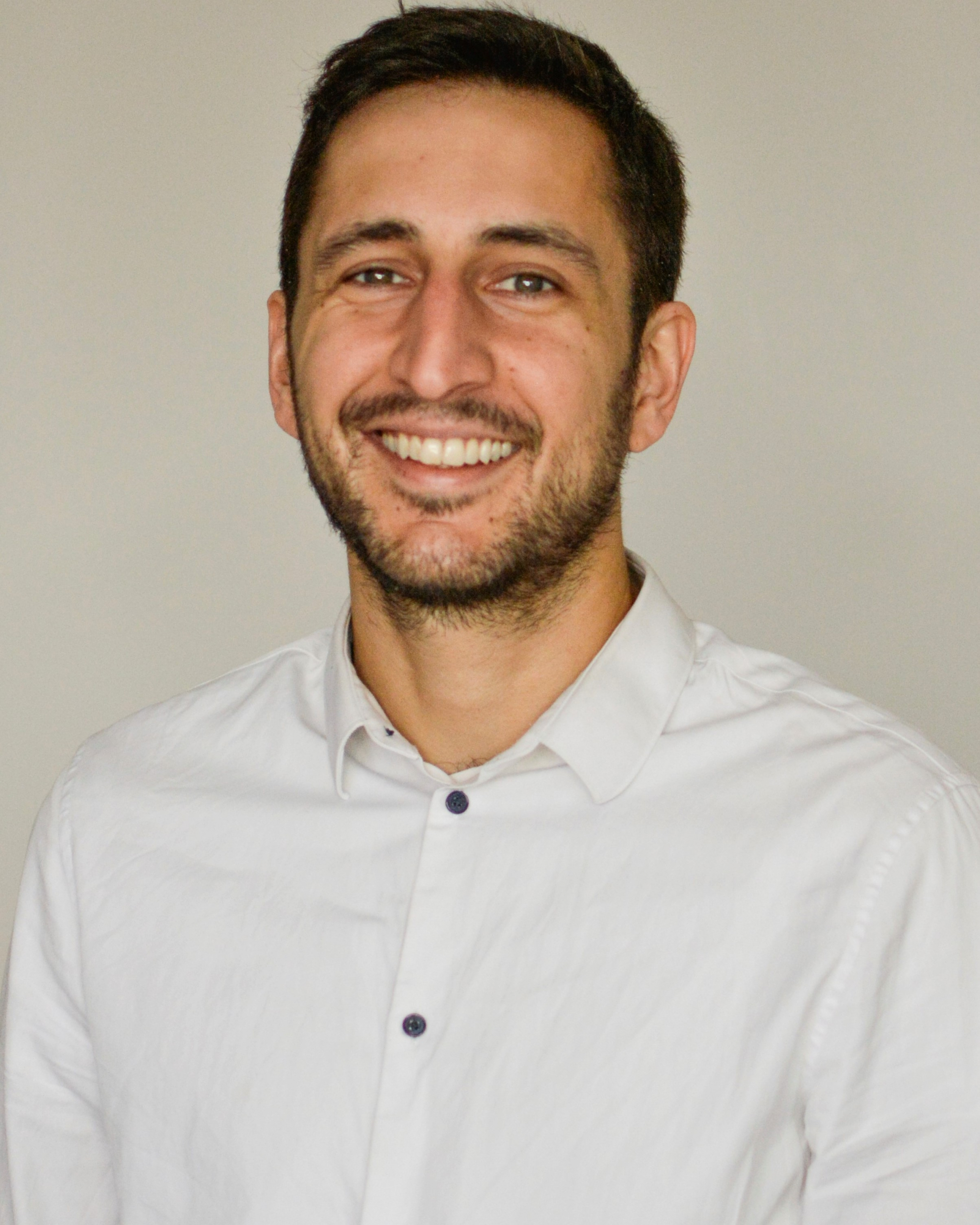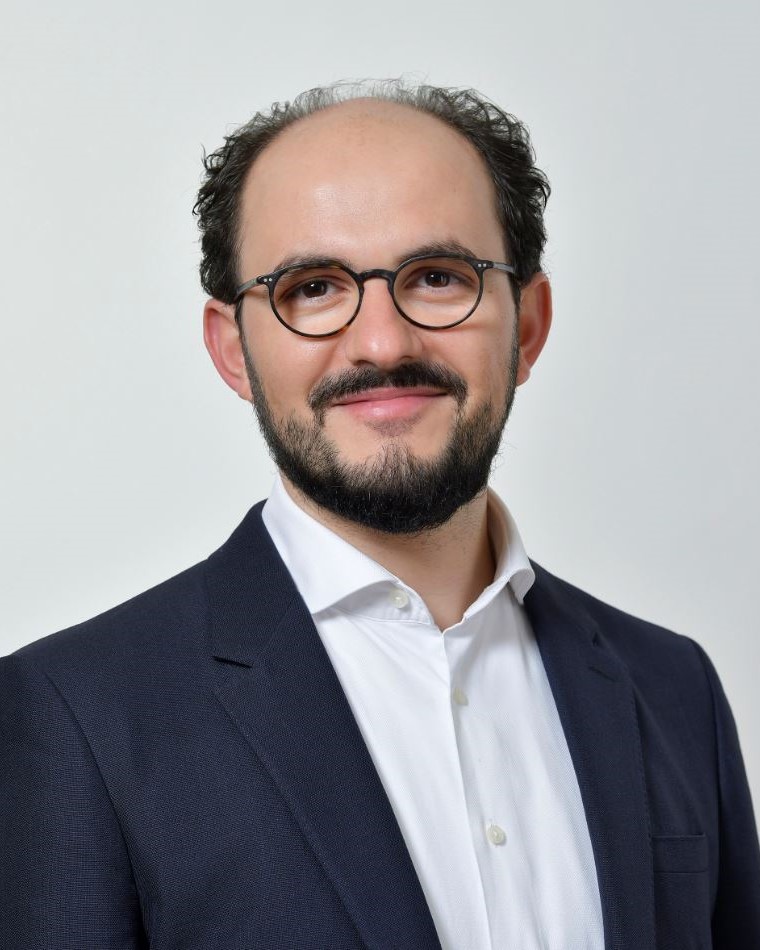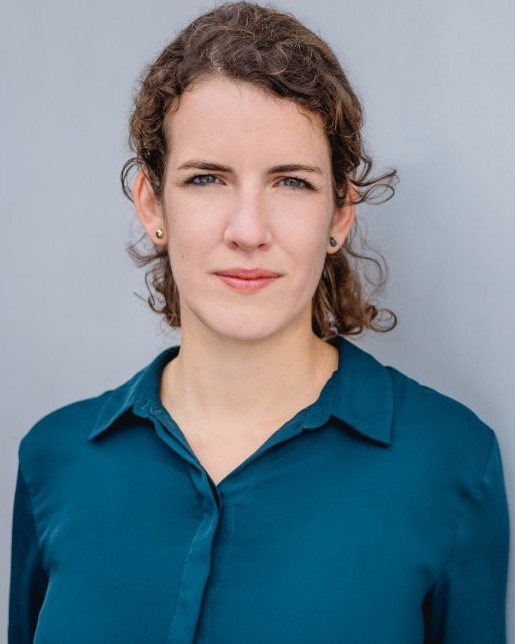TOWARDS CLIMATE SUSTAINABILITY
Taking the Academic System from Evidence to Action
A thorough transformation of every sector is necessary to reach a climate-sustainable society. The latest evidence presented in the IPCC report unequivocally indicates that no sector can continue with ‘business as usual.’ The academic sector is thus not exempt from the imperatives to operate sustainably. Academic institutions have long played a key role in providing evidence on the climate crisis as well as potential mitigation strategies, but what is the academic system itself doing with this evidence?
ALLEA’s latest report Towards Climate Sustainability of the Academic System in Europe and beyond suggests that, as it stands, the academic system is currently not sustainable, and that a change in culture is required where all stakeholders within the academic system become aware of their climate impact and act to reduce it. While some stakeholders have begun to engage with the topic of their greenhouse gas (GHG) emissions and are implementing first steps to track, disclose and reduce them, the report finds that the current evidence base needs to be extended to lessen underestimations and set realistic and consequential emission reduction goals.
As part of the Berlin Science Week 2022, and within the context of this year’s Science Summit’s theme ‘Paradigm Shift: Co-Creating a Sustainable Now”, ALLEA, the Swiss Embassy in Berlin and the German Young Academy are partnering up to host the event ‘Towards Climate Sustainability – Taking the Academic System from Evidence to Action.’ The event will present some of the major findings from ALLEA’s report, and it will also feature representatives from key stakeholder groups within the academic system who will present the programmes and strategies they have developed to embed sustainable practices in their operations and reduce the levels of emissions within their sectors.
The speakers will deliver brief impulse talks followed by a panel discussion and a Q&A session with the audience. A reception with refreshments will be served afterwards.
PROGRAMME
All times are in Central European Time (CET)
17:00 Registration and welcome coffee
17:30 Welcome remarks and introduction
- Dr Paul R. Seger, Swiss Ambassador to the Federal Republic of Germany
- Prof Antonio Loprieno, President of ALLEA
17:40 Presentation of ALLEA report
- Prof Astrid Eichhorn, Associate Professor at CP3-Origins, University of Southern Denmark
18:00 Impulse talks
- Dr Jeroen Dobbelaere, Senior Scientist and Founder of the Climate Initiative at the Max Perutz Labs
- Martin Farley, Manager of UCL’s LEAF Programme & Director of Green Lab Associates
- Dr Omar Kassab, Lecturer and Deputy Head of ETH Sustainability
- Dr Lina Seitzl, Member of the German Bundestag, SPD
18:25 Moderated discussion
- Panel discussion and Q&A
- Moderator: Prof Astrid Eichhorn
19:10 Closing remarks
- Dr Paul R. Seger, Swiss Ambassador to the Federal Republic of Germany
19:15 – 21:00 Reception with refreshments
SAVE THE DATE
2 November 2022
17:00 – 19:15 (CET)
TYPE OF EVENT
On-site & online event
Open to the public, registration is required
EVENT VENUE
ORGANISERS
CONTACT PERSON
Dino Tramontani
Communications Officer
tramontani@allea.org
PANELLISTS
Dr Jeroen Dobbelaere
Senior Scientist and Founder of the Climate Initiative at the Max Perutz Labs
Jeroen Dobbelaere is a cell biologist, trained in Belgium, Switzerland, the UK and Austria and studies cell-cell communication and cell division. He is the founder of the grass root group Climate@MaxPerutzLabs at the University of Vienna. To allow fact-based decisions on how to make research more sustainable, the lab focusses on collecting data of the environmental footprint of life sciences and combine it with informing peers and students to induce a behavior change. Jeroen also started the “Climate Café”, an interactive format to discuss sustainability in academia, and is author of several blog and papers on sustainability.
Professor Astrid Eichhorn
Speaker of Die Junge Akademie and Chair of the ALLEA Working Group Climate Sustainability in the Academic System
Professor Astrid Eichhorn is an Associate Professor at CP3-Origins, University of Southern Denmark, and an Emmy Noether junior research group leader at the Institute for Theoretical Physics at the University Heidelberg. Previously, she was a Junior Research Fellow at Imperial College and a postdoctoral researcher at the Perimeter Institute for Theoretical Physics. She is also a member of Die Junge Akademie (German Young Academy) and a visiting fellow at the Perimeter Institute for Theoretical Physics. Professor Eichhorn was one of the lead authors of the ALLEA report Towards Climate Sustainability of the Academic System in Europe and beyond.
Martin Farley
Manager of UCL’s LEAF Programme & Director of GreenLab Associates
Martin started Europe’s first sustainable lab post at the University of Edinburgh in 2013. In 2014 he moved to King’s College London to initiate their Sustainable Lab programme, and in 2015 he founded Green Lab Associates, a consultancy which drives sustainable science. Currently he works as Sustainable Lab Manager at UCL, from which he created and manages the LEAF Programme. He speaks, writes, and engages widely on sustainable science.
Dr Omar Kassab
Lecturer and Deputy Head of ETH Sustainability
Dr Omar Kassab is Deputy Head of Sustainability at ETH Zurich’s Office of the President and holds a Lecturer position at the Department of Environmental Systems Science. He studied Political Science in Darmstadt, Istanbul, and Damascus. He holds a Master’s degree in Comparative International Studies and a doctoral degree from ETH Zurich. In his research, he focused on analyzing the impact of sustainability science and the academic incentive and reward system. Some of his former professional stations include the German Foreign Office in Nepal, the Friedrich Ebert Foundation in East Jerusalem, and the Competence Center for Environment and Sustainability (CCES) of the ETH Domain. He enjoys liaising and translating between ecosystems, fostering connections between stakeholders from all sectors to enable sustainable partnerships and transformations.
Dr Lina Seitzl
Member of the German Bundestag
Dr Lina Seitzl is a German politician (SPD) specialised in educational and environmental topics. She has been a member of the German parliament since 2021 and a member of the district council of Constance since 2019. After studying politics and public administration in Constance and Paris, she worked as a researcher and lecturer at the University of St. Gallen in Switzerland.

